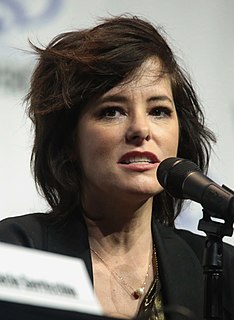A Quote by Kenneth Clark
A visual experience is vitalizing. Whereas to write great poetry, to draw continuously on one's inner life, is not merely exhausting, it is to keep alight a consuming fire.
Related Quotes
Touch your inner space, which is nothingness, as silent and empty as the sky; it is your inner sky. Once you settle down in your inner sky, you have come home, and a great maturity arises in your actions, in your behavior. Then whatever you do has grace in it. Then whatever you do is a poetry in itself. You live poetry; your walking becomes dancing, your silence becomes music.
Hardship, in forcing us to exercise greater patience and forbearance in daily life, actually makes us stronger and more robust. From the daily experience of hardship comes a greater capacity to accept difficulties without losing our sense of inner calm. Of course, I do not advocate seeking out hardship as a way of life, but merely wish to suggest that, if you relate to it constructively, it can bring greater inner strength and fortitude.
I was deeply moved by Richard Blanco's reading of his inaugural poem-a timely and elegant tribute to the great diversity of American experience. And now comes this fine meditation on his experience of coming to poetry, of making the poem and the months surrounding its making-a testament to the strength and significance of poetry in American culture, something not always seen or easily measured. Today Is For All of Us, One Today is a necessary intervention into the ongoing conversation about the role of poetry in public life.



































